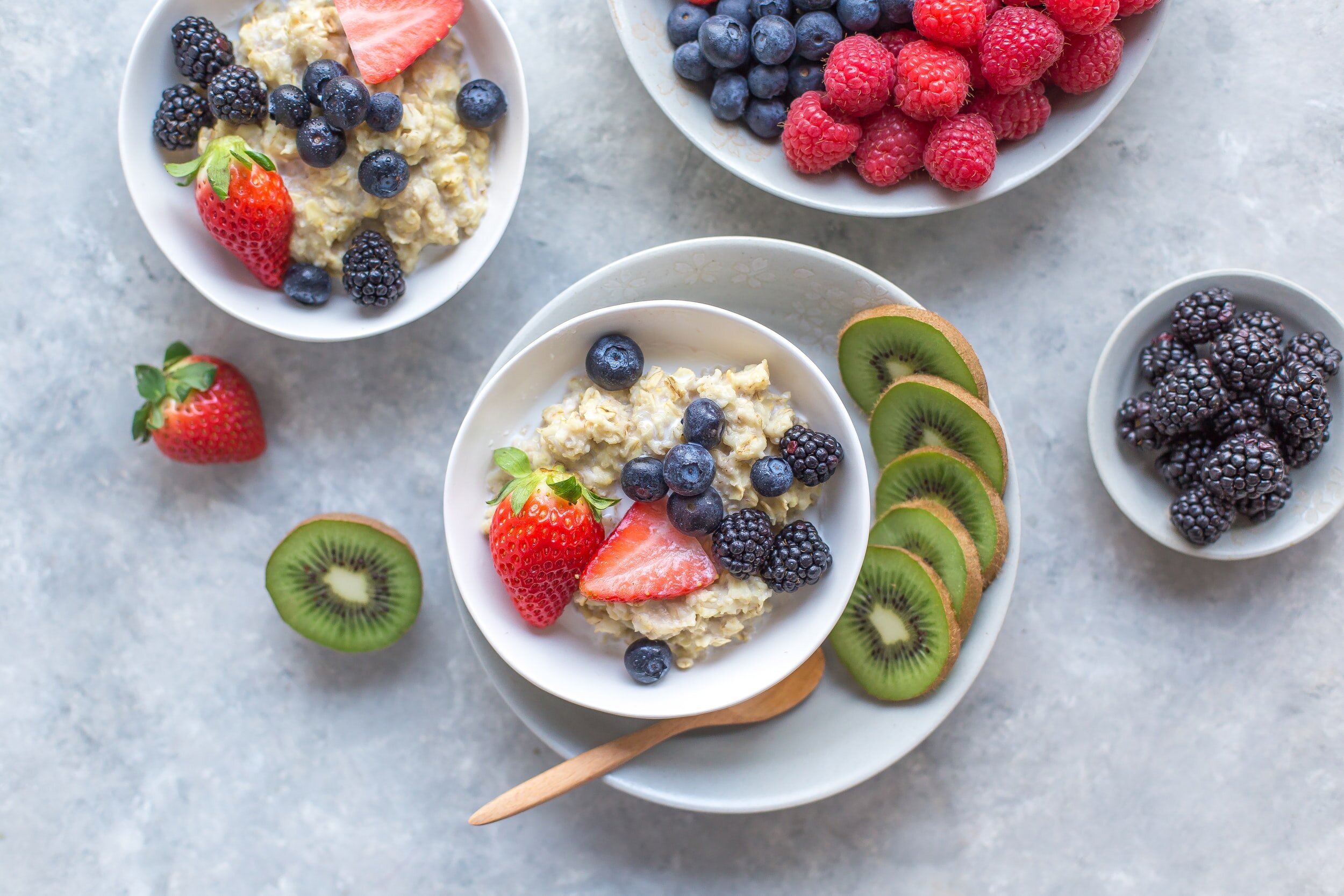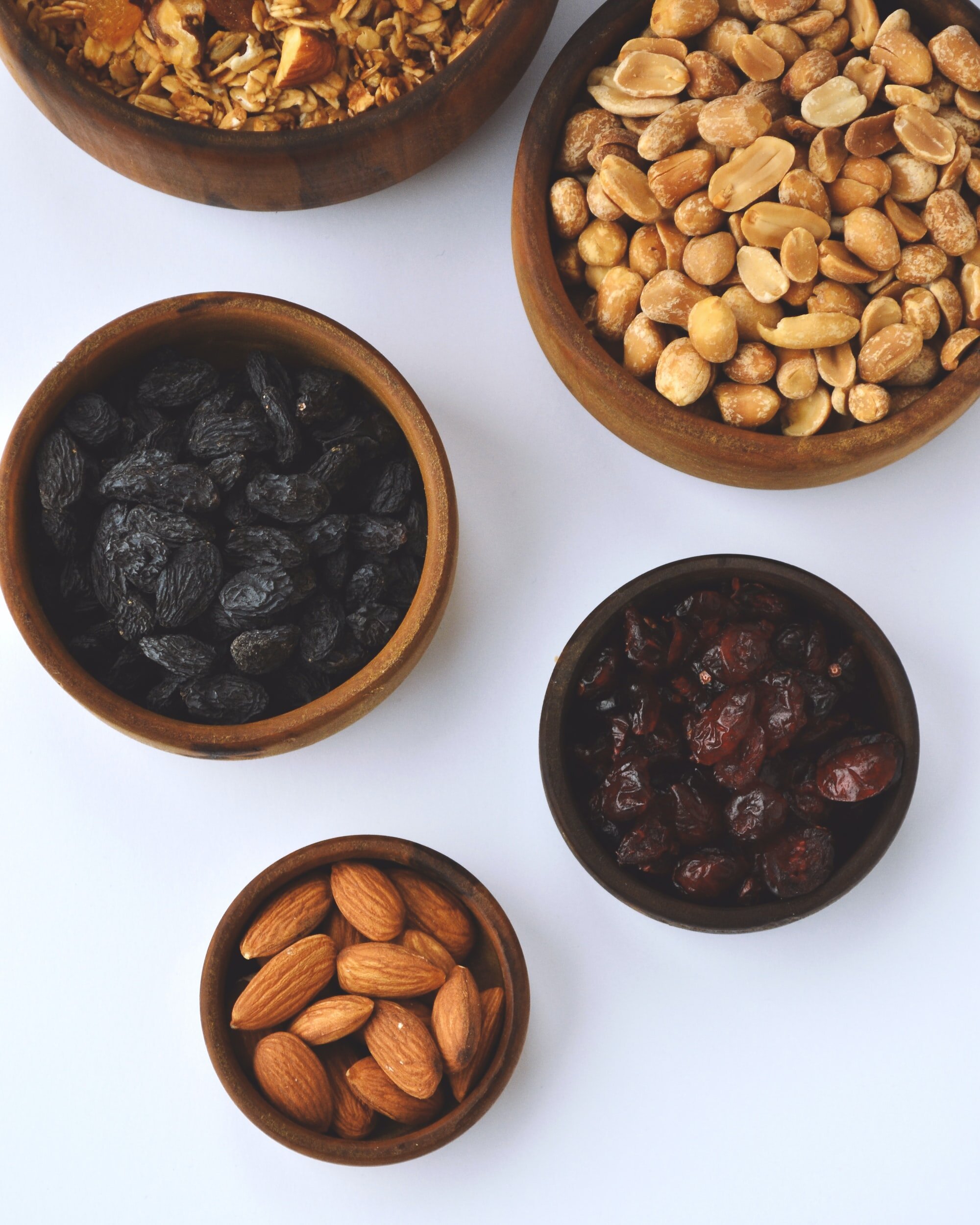Nutrition 101: Essential Nutrients
There is so much information out there about what is healthy and what isn't, so over the next few weeks I’ll start from the beginning and talk about why eating the right foods can keep you healthy and feeling great! Today I’ll focus on the six essential nutrients our bodies need in order to function properly.
What are essential nutrients?
They are:
Carbohydrates
Protein
Fat
Vitamins
Minerals
Water
These nutrients have varying functions and are needed in different amounts. Keep reading to find out why each is important.
Macronutrients
Macronutrients provide us with calories as a form of energy. A balanced diet should include all three every day:
Carbohydrate - main function is as an energy source (check out my previous blog posts for more info)
Protein - helps to build and repair cells (stay tuned for a blog post next week with more info about protein and its other functions)
Fat - helps with vitamin and mineral absorption, cushions bones and organs, and can be used as a backup energy source (read more about fat here)
Micronutrients
Micronutrients don't provide calories but are still a vital part of the diet. For example, the more colorful fruits and veggies you have in your diet, the more variety of micronutrients you are getting!
Vitamins
There are two types of vitamins:
Fat-soluble - dissolve in fat and can be stored in the body for future use (examples include vitamins A, D, E, and K); they are absorbed better if eaten with foods that contain fat
Water-soluble - dissolve in water and cannot be stored in the body, so need to be eaten regularly to ensure adequate intake (examples are vitamins C and B)
Minerals
There are two types of minerals:
Major minerals - needed in larger quantities (examples include calcium, phosphorus, potassium, and sodium)
Trace minerals - needed in smaller quantities (examples include iron, iodine, manganese, zinc, and fluoride)
Stay tuned for a future post with more info about vitamins and minerals!
Water
Everyone knows that water is important! Just a few of the things it does are:
Protect joints
Keep skin healthy
Regulate body temperature
Help with digestion and prevent constipation
Carry nutrients and oxygen all throughout the body
Maintain electrolyte balance
Now you know the six essential nutrients and the difference between macronutrients and micronutrients. Without a good balance of carbs, protein, fat, vitamins, minerals, and water, our bodies wouldn’t be able to function as they do. Stay tuned for next week’s post all about protein, why it’s so important for us, and the best sources and recommendations for intake.




